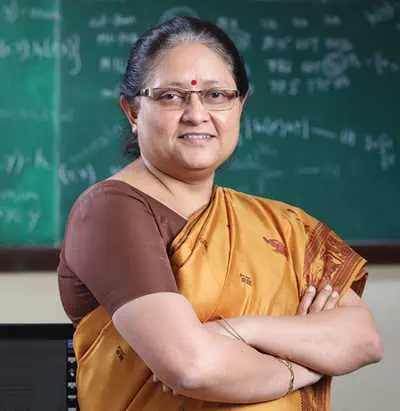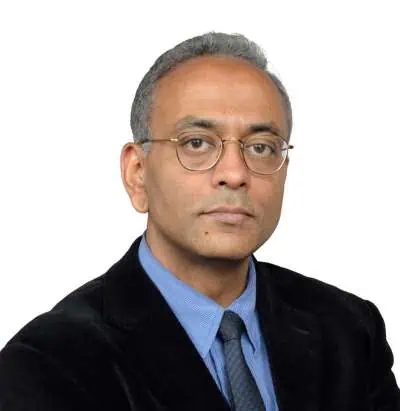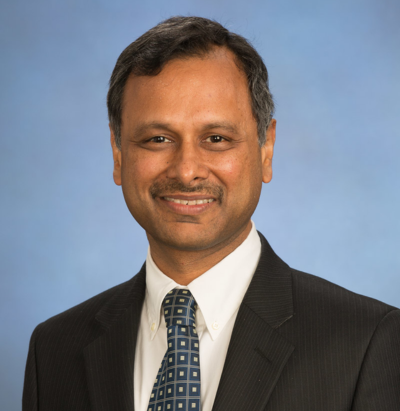The Department of Computer Science at Ashoka University fosters a research-driven approach to both foundational and applied areas of computing. Its unique positioning within a liberal arts environment provides a distinctive opportunity to advance core computer science research while also exploring interdisciplinary applications across the natural and social sciences. Our department values the cross-pollination of ideas from diverse fields, not only to solve existing problems but to ask novel research questions that deepen and expand the scope of computer science. Through this integration of foundational knowledge and interdisciplinary engagement, Ashoka’s CS department contributes meaningfully to both the theoretical and societal dimensions of the field.
The school is establishing pioneering Centres of Excellence to drive innovation, research, and impact:
Centre for Data Science and Analytics (CDSA):
CDSA consolidates diverse datasets (including economic, political, geographical, ecological, health, and cultural data) into a common knowledge graph with rich metadata. By offering standard tools for data cleaning, analysis, and visualisation, CDSA fosters interdisciplinary research and creates new opportunities in core computer science and AI. CDSA also provides a unified data infrastructure platform for Ashoka University.
SafeExpress Centre for Data, Learning and Decision Sciences:
This centre conducts high-level applied and methodological research to address complex societal challenges. Current initiatives include AI applications in weather modeling, financial fraud detection, infectious disease simulations, and reinforcement learning frameworks.
Centre for Digitalisation, AI, and Society:
This centre focuses on the ethical, social, and regulatory implications of digitalization and AI in large public services. Its work includes formal modeling of digital use cases, risk mitigation in data-driven AI systems, and studies on election security, payment systems, electronic health records, and other such large digital public service applications.
Koita Centre for Digital Health (KCDH-A):
A joint initiative with the Trivedi School of Biosciences, KCDH-A is dedicated to advancing digital health through education and research. It emphasizes the convergence of healthcare, genomics, IT, and AI, offering academic programmes, research initiatives, and executive education to nurture a new generation of digital health innovators.
Through these and other opportunistic centres, the ASAC envisions generating innovative research, forging and sustaining partnerships with government and industry, informing public policy, promoting entrepreneurship, and equipping students with the knowledge, skills, and perspectives needed to address the challenges and opportunities of the 21st century.
The department has already drawn distinguished scholars with backgrounds from renowned institutions such as the IITs, ISI, Stanford, UPenn, MIT, and Yale. This diverse and accomplished faculty brings world-class expertise, enriching the academic environment and ensuring a transformative learning experience for students and researchers.
The School expects to continue to draw in the best talent from all over the world, across faculty levels; into its research programmes as PhD students as well as post- and pre-doctoral scholars; and, of course, into its unique set of undergraduate programmes.
The School of Advanced Computing offers a diverse combination of programmes to cater to the evolving needs of students and the industry. In addition to major and minor programmes in disciplinary computer science, the school has introduced several innovative and unique interdisciplinary major programmes including:
CS and Mathematics with specializations in (i) Data Science and Machine Learning; or (ii) Cryptography, Number Theory, and Algebra.
CS, Economics, and Mathematics.
CS and Philosophy.
CS and Entrepreneurship.
Looking ahead, the school plans to expand its offerings with the introduction of the following interdisciplinary programmes:
CS and Biology.
Cognitive Science (integrating Psychology and Philosophy).
A minor in AI and Data Science.
These programmes are designed to empower students with a holistic education that blends technical expertise with insights from other disciplines, preparing them to tackle complex, real-world challenges.
The School has put together an eminent Board of Advisors from varied fields of Computer Science from across the world. The Board will play the role of advising and guiding the School and ensuring that the School is always at the leading edge in the continuously-evolving field of Computer Science.

Professor of Computer Science and Engineering, IIT, Kharagpur
Ph.D. IIT Kharagpur

Advisor, Ashoka School of Advanced Computing
Director, Indian Statistical Institute (ISI), Kolkata

Advisor - Ashoka School of Advanced Computing
Professor of Vision and Computational Neuroscience, MIT

Advisor, Ashoka School of Advanced Computing
Senior Director, Google DeepMind
The School is actively engaged in cutting-edge research, ranging from core, disciplinary research (both theoretical and applied), to a variety of CS+X applications.
Our core research spans domains including:
Algorithms and Complexity Theory
Software Engineering
Cryptography
Privacy and Information Systems
Artificial Intelligence and Machine Learning
Logic, Programming Languages, and Formal Verification
Computational Social Sciences
We actively publish in top fora across the world, with around a dozen A/A* level publications from our department in the past year (CSF, HCI, ICSE, ICML, ICLR, Indocrypt, NeurIPS, OOPSLA, PLoS, PoPETS, VLDB, etc.).
Examples of some current CS+X initiatives include:
Digitalisation and Society:
Privacy and security analysis of systems such as elections, end-to-end messaging, digital identity, and money-transfer
Efficacy analysis of digitalisation of the public distribution system
Impact assessment of electronic health records in India from the lens of digital divide, and gender and caste inequities.
Health Analytics:
Epidemiological modelling.
Predictive analytics on sensitive health data, leveraging cryptography to provide privacy guarantees
Machine learning for radiology and pathology, with a focus on cancer data
Personalised health analysis of a local cohort using digital wearables
Applied Artificial Intelligence and Machine Learning:
Structural and AI-ML based analytics of media to better understand and identify misinformation and fake news
Robustness, reliability, fairness and trustworthiness of ML algorithms
Multimodal Food Computing, leveraging AI, machine learning, and diverse data (images, text, audio, biochemical) to improve food systems, dietary analysis, and personalised nutrition
Several of the projects involve a great deal of stakeholder alignment – e.g., bringing together medical practitioners with computer scientists – which is a critical aspect of building solutions with real-world impact. By fostering such research and collaborations, the ASAC aims to address pressing global challenges and establish itself as a hub for impactful innovation
Over the past five years, the Computer Science Department at Ashoka has more than doubled student engagement with computer science. Our unique interdisciplinary majors have started seeing great traction, along with sustained interest in the core CS major and minor degrees, so that today more than 15% of all students at Ashoka University major or minor in computer science every year. This is expected to keep increasing further in the coming years with more exciting majors and minors in the pipeline and students engaging in the work of the various centres. Further, the CS students at Ashoka engage actively in Industry projects, and participate in hackathons, build exciting products in the Mphasis Makerspace at Ashoka and participate in a wide range of conferences and events. They go on to take up coveted internships and jobs in organisations like Adobe, Google, IBM, Microsoft and several others as well as enrol in some of the best Masters and PhD programs around the world including Columbia University, Northwestern University, University of Washington, Georgia Tech, NTU, USC.
There is also a strong Pre-Doc and PhD programme that is being strengthened further going forward.
Ashoka School of Advanced Computing
Ashoka University, Rajiv Gandhi Education City, Sonipat, Haryana 131029
Email:
asac@ashoka.edu.inPhone:
+91 130 230 0000